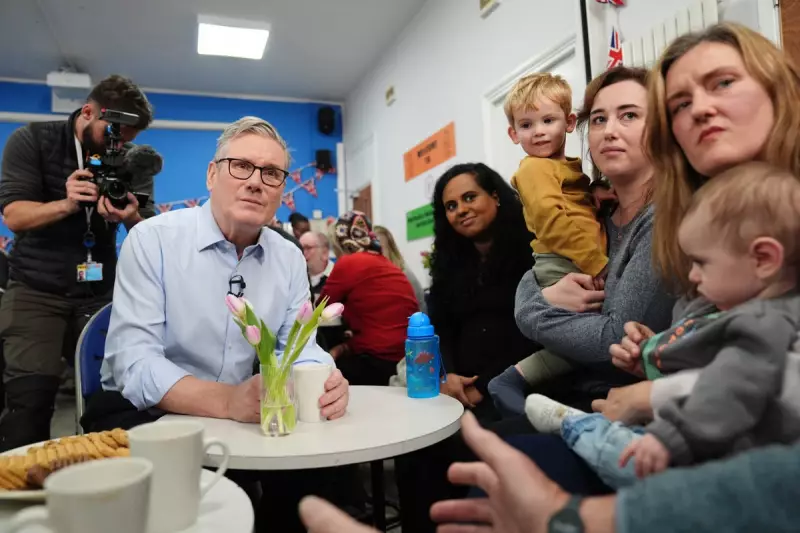
Prime Minister Keir Starmer has condemned the two-child benefit limit as a 'failed social experiment', following Chancellor Rachel Reeves's announcement of its abolition in the autumn Budget.
A Major Shift in Welfare Policy
In a powerful statement, Sir Keir argued that scrapping the controversial cap was an essential investment in Britain's future. He stated that the policy, inherited from the previous Conservative government, had directly punished working families and pushed hundreds of thousands of children into poverty.
The two-child limit, first introduced by the Conservatives in 2015 and implemented in 2017, restricts child tax credit and Universal Credit to the first two children in most households. Its removal, scheduled for April 2026, means families will be able to receive the child element of Universal Credit for all children, regardless of family size.
The Financial and Human Impact
According to the independent Office for Budget Responsibility (OBR), ditching the cap will cost approximately £3 billion by the end of this Parliament. However, the government believes this cost is justified by the profound social benefit.
The Treasury estimates that lifting the limit will pull 450,000 children out of poverty. The OBR further detailed that around 560,000 families will see an increase in their Universal Credit award, with an average annual gain of £5,310.
Sir Keir emphasised the human cost behind the statistics, saying, "The record highs of child poverty in this country aren’t just numbers on a spreadsheet – they mean millions of children are going to bed hungry, falling behind at school, and growing up believing that a better future is out of reach." He labelled the situation a moral failure and an economic disaster.
Reactions and Political Fallout
The move has been warmly welcomed by Labour backbenchers and anti-poverty campaigners, who had exerted months of pressure on the government to scrap the Tory-era policy.
Alison Garnham, chief executive of the Child Poverty Action Group, stated the decision "will strengthen our nation," while Mark Russell of the Children's Society hailed a "game-changing moment for children." Dan Paskins of Save the Children UK praised the government for recognising that "children have paid the price of a poorly thought-out policy for far too long."
Education Secretary Bridget Phillipson declared that for too long, poverty had been an "immovable barrier to opportunity," and "now, we’re breaking it down."
However, the decision faced immediate criticism from the Conservatives. Former chancellor Sir Jeremy Hunt argued that abolition was "totally unfair" and would lead to more children living in "structural poverty." The Tory shadow chancellor, Mel Stride, described the Budget as one for "welfare, not work," and the party has stated it would reinstate the cap if it returned to power.





